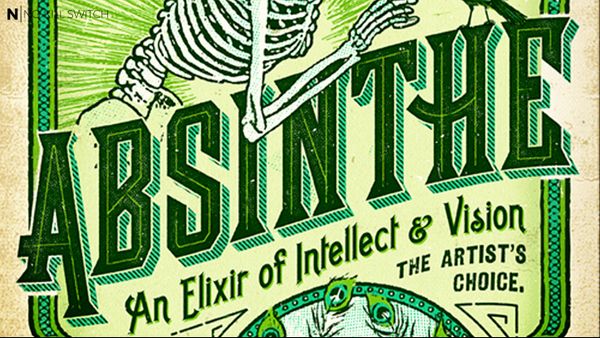... or rather the stuff that is "OPEN". Not just because of Open Source Software, but also:
I'll tell you why ...
"Open" means "for everyone"
As usually, I'll try to set some context up first:
-
ngEurope conference has finished about a week ago & pretty much all the presentations are already accessible (for free) online here. Including the ones about recent changes in 1.3, forthcoming changes in 2.0 & stuff like material design.
-
Oredev conference has finished only few days ago & I think all of their stuff is already uploaded here - tons, tons, tons of useful stuff (Orleans, Dart, ES6, IoT, ...).
These are just examples - you're just 1 click away from bleeding edge tech info, practical lessons on stuff that may easily make a difference - all this knowledge is shared freely (by both creators & people who just use this tech): not only via conf talks, but also on blogs, podcasts, in social media - all that for free & unrestricted use.
"Open" means "we have nothing to hide"
Many mature products (libs, frameworks, apps, ...) are developed in a fully transparent OSS model - I'll use AngularJS as an example:
- you've got full access not only to API, but to whole source repo
- API is documented, there are examples, tutorials & seed projects
- roadmap is more or less clear & published in advance, so is the current state of SIRs, you can even contribute via PRs if you want to
Sure, AngularJS may not be the best example, because it's OSS & there is no paid licensing model. Let's try something else then: Heroku! It's paid, it runs in a as-a-service model & their core business is not OSSed (you can't slap your own, private copy of Heroku), but check their DevCenter - you can find pretty much everything you need to work with Heroku there.
"Open" means "you're welcome through"
Ok, having access to knowledge is extremely important, but theory without practice is pretty much useless. You have to try things out, make a PoC, try basic scenarios, go through kata. And in many cases you want to do it without serious (mainly financial) commitment - you don't want to invest much up-front, until you're sure that this stuff works for you.
Fortunately, every conscious platform / service owner already realized that and ...
- ... some let you try it out for a limited time for free
- ... some offer narrow-scale, cheap licenses that will enable you to find the functionality, without actual business use
- ... some go for the freemium model or propose academic, open source, personal licenses with a meaningful discount
etc.
Win-Win
All this openness together bring clear benefits not only to people who're gonna use it, but also to the ones who provide the product / service. They've (well at least majority of them) understood that:
- "blackboxing" limits adoption & increases the trust threshold level needed for adoption
- the idea of patenting everything & keeping it for yorself is very negatively perceived & siloes you with whatever you have
- the harder you make the access to your products / services, the less people in the job market will be able to cope with it
- community that builds up around Open solutions can greatly help with improving them & spread the word (by providing valuable feedback, but also by creating a positive hype) - lack of community (or community limited to partnering consultants ...) is a slow death by suffocation
Open VS Close - my personal manifesto
Yea, manifestos are trendy nowadays, so here we go:
- I don't work with stuff I can't touch (try) myself.
- I don't work with stuff that's either no documented properly or open sourced.
- I don't work with stuff I can neither deploy on my hardware nor access 24/7 in the public cloud.
- I don't work with stuff that's licensed in a way that prohibits me extending it in some way.
- I don't work with stuff I won't have a clean option of withdrawal from (for example, because I'd be 100% dependent on proprietary hardware / software that resembles nothing else).
And I advice you to do likewise.







